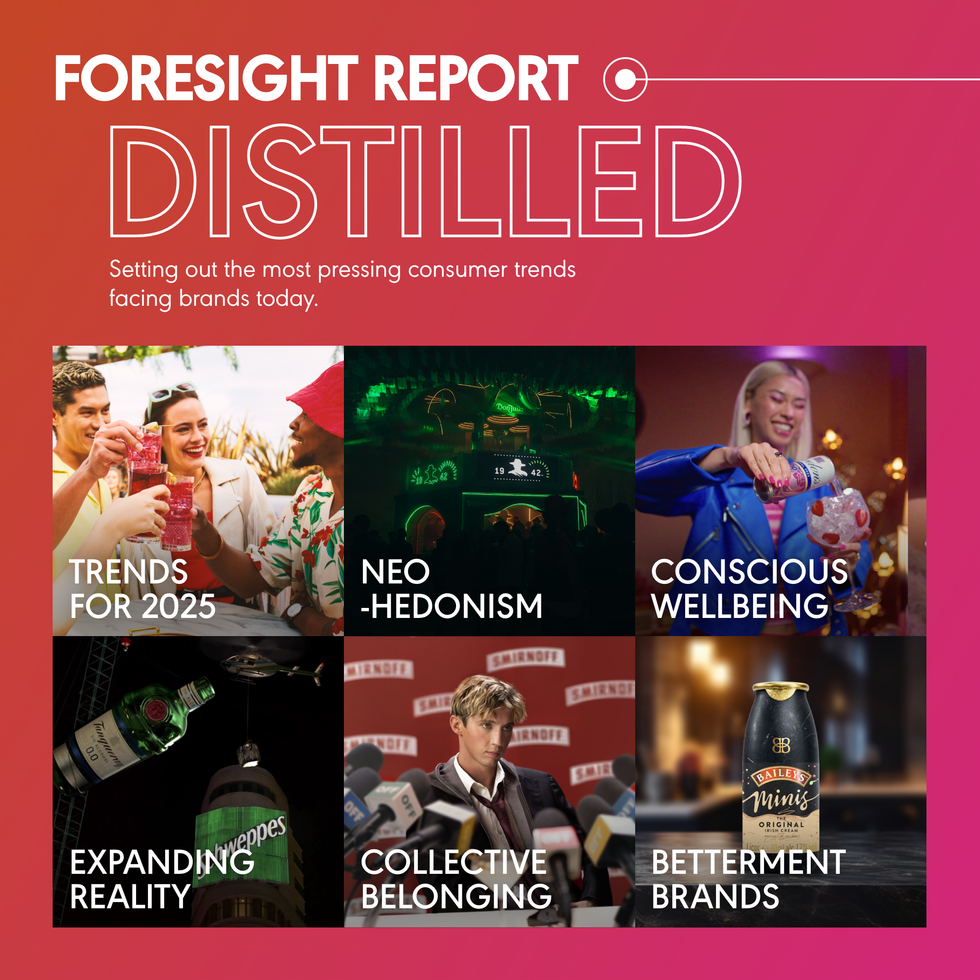More than 2,700 counterfeit cigarettes were discovered hidden behind a toilet in a Pontefract off-licence, the authorities say.
Police claim that illicit tobacco was bought from Queen’s Avenue Mini Market by an undercover officer on two separate occasions in January this year.
The second sale led to the authorities searching the premises and finding 139 packets of “smuggled” cigarettes “concealed behind the toilet”, according to papers released ahead of a licensing hearing later this month.
Both the police and Wakefield Council have called for the store to be stripped of its licence to sell booze.
Documents revealed that the premises’ licence holder was Fazal Kader, who was also the boss of Pontefract town centre shop Zabka, when thousands of counterfeit cigarettes were found there last year.
At a separate hearing into that discovery last month, Kader claimed he’d had no knowledge of that stash. He told councillors he’d later been informed by his staff that the tobacco was abandoned at Zabka by an unknown party from another nearby store.
That explanation was deemed to be “without credibility and not accepted” by the panel.
Wakefield Council licensing officer Paul Dean, said that the authorities’ “historical dealings” with Kader at Zabka supported his view that Queen’s Avenue Mini Market should also lose its licence.
In his written submission to the hearing, which is due to take place on March 29, Dean said: “Mr Kader has shown dishonesty with the concealment found in the toilet area of the premises, especially with the amount of cigarettes and tobacco hidden in the unit behind the staff toilets.
“There is no question that illegal cigarettes and tobacco sales have taken place from this shop.”
Police said that they spoke with Kader on the day the cigarettes were found behind the toilet and he later attended the premises.
PC Toby Warden claimed that officers tried to carry out other checks on the shop, but that Kader did not have the required documents and behaved with “hostility” towards officers.
In his written submission, PC Warden said: “The sale of illegal/foreign label cigarettes is classed as serious organised crime with tax evasion.
“Evidence of such operations at the premises demonstrates quite clearly that the premises is failing to promote the licensing objectives, including the crime and disorder objective.”
The shop has also been accused of selling alcohol while its licence to do so was suspended for failing to pay an annual fee.
Police said their undercover officer was sold two cans of Oranjeboom lager during the second test purchase on January 26.
Attempts to contact Queen’s Avenue Mini Market for comment were unsuccessful.















![Karnail Singh Sandhar: Legacy of resilience, courage and vision [Exclusive]](https://www.asiantrader.biz/media-library/late-karnail-singh-sandhar-founder-of-uk-s-first-biggest-asian-focused-cash-and-carry-as-well-as-warwickshire-s-first-asian-ori.jpg?id=55350177&width=600&height=702)





